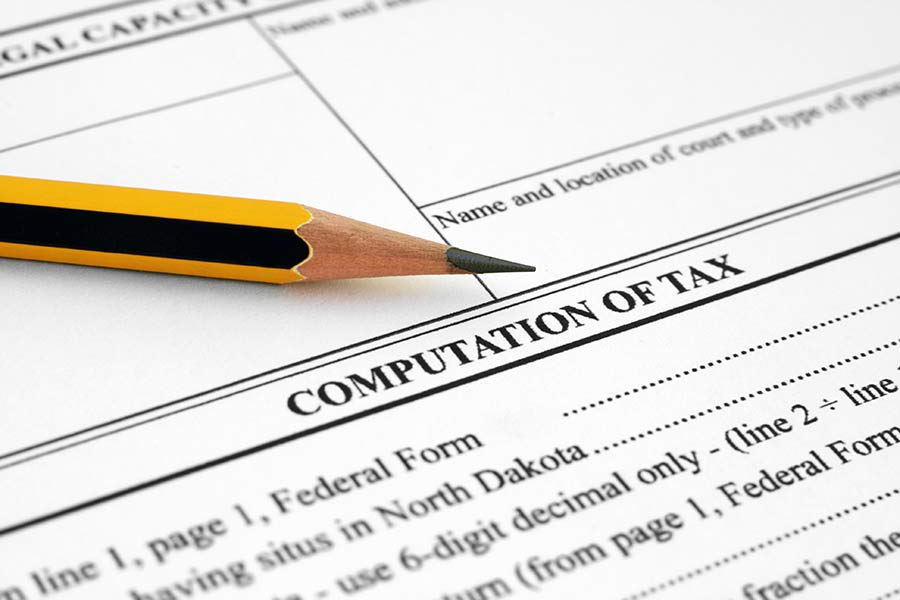Paying taxes in and of itself is no fun for anyone. However, when you get your tax return all done and then find out that the IRS has added a tax penalty onto your bill in addition to the amount you already owe, or have paid, that really lets the air out of your sails. The IRS tax penalties can be assessed on your bill for a lot of reasons, but some are more common than others. For example, thanks to the new Affordable Healthcare Act, many taxpayers are penalized for not having health insurance. You can also be penalized for arguing with the IRS with an excuse that they determine to be “frivolous.” In other words, if you’re going to take the time to argue your return, you better have a good argument to stand on. The IRS also penalizes people for retirement account inactions or actions.
Most Common Reasons for IRS Tax Penalties
The list doesn’t stop there and typically, the most common reasons for being ordered to pay an IRS tax penalty include not filing a tax return, deciding not to pay the full amount that is owed or not paying enough tax during the year. These are obvious reasons for penalties so you should do everything you can to avoid them. The IRS is going to come after you and you are going to have to pay up at some point, so it’s better to just file your return on time and pay the amount you owe when it is due. So what happens if you end up in one of these tax penalty situations?
Penalties Get Worse With Time
While some people will still argue that you don’t have to file a tax return, the fact is, you do and if you choose not to file a return or an extension, then your penalty starts to accrue on April 16, or the first day after your taxes were due. Even filing and then not paying your bill on time is better than not filing at all, which the IRS takes more seriously. If you prolong your non-filing status too long the penalty can reach as high as 25 percent of your unpaid taxes. The bottom line is: just file your taxes. As just mentioned, it’s better to file and not pay than to not file at all. There are penalties for not paying your tax bill on time as well, but they are not as severe. The penalty is only 0.5 percent of the tax you owe. Like the non-filing penalty, this penalty is assessed every month your bill is outstanding and it too can reach 25 percent of your unpaid tax bill.
Double-Whammy for Both Infractions
Things can get really bad if you don’t file on time and you don’t pay your tax bill. In the beginning, the IRS will give you a little leniency if you have incurred both penalties, but if five months go by and your still delinquent, then your total penalty for both infractions could be as high as 47.5 percent of the tax owed.
Underpayment Is Also a No-No
Meanwhile, the IRS can also stick it to you if you don’t pay enough tax as you go. That means, if you earn more at certain points of the year than others but you don’t pay enough as you earn it, then you can be penalized for that underpayment. This is especially important for independent contractors who are responsible to pay their own self-employment taxes. Make sure you make your estimated tax payments on time and for the proper amounts. If you have another job where taxes are automatically deducted you can have more money deducted from your payroll check in order to make up for the extra money you’re making as an independent contractor.
Just Do it
There are a lot of ways you can incur a tax penalty from the IRS. However, if you want to avoid any of these penalties then the solutions are obvious. Always file your return and do it on time, unless you absolutely have to file for an extension. Always pay your tax bill on time and in full and make sure you don’t underpay as you go. Follow these easy steps and you can avoid any tax penalties.


